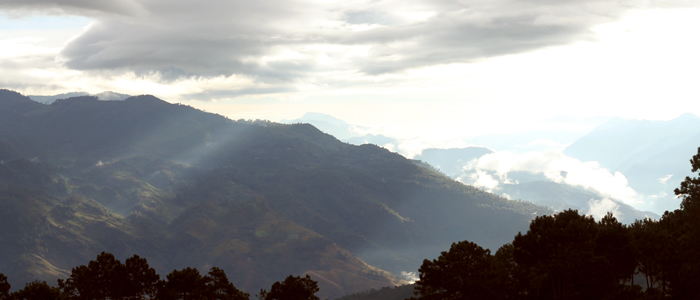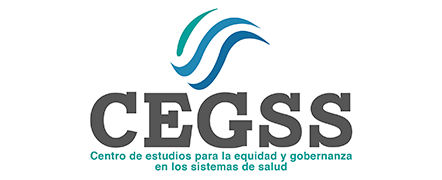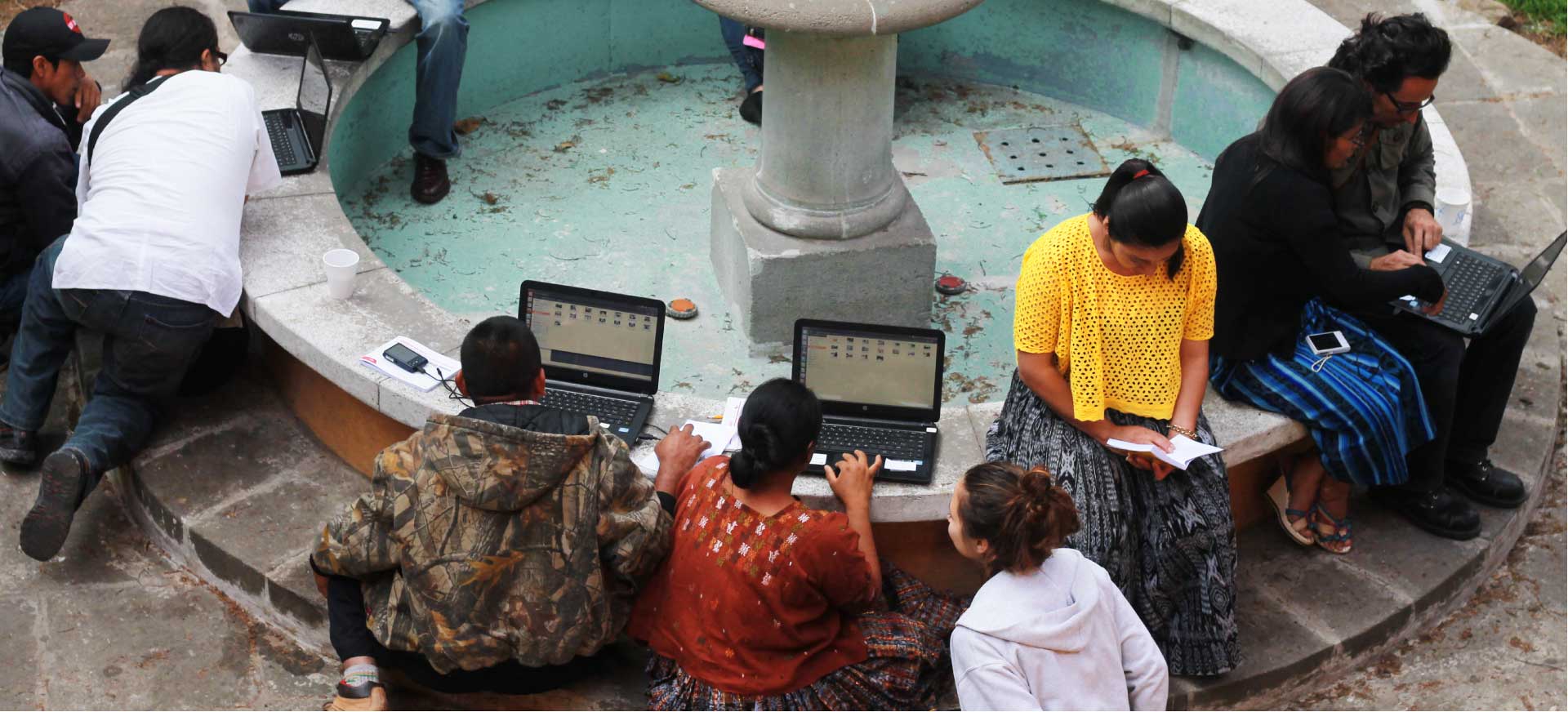
In 2006, a group of young researchers that was led by Walter Flores came together to implement and Participatory Action-Research that sought to implement a participatory system of monitoring in rural health services. Our starting premise stated that the lack of trust in the population and in public servants is a remnant of the civil war that Guatemala experienced during the second half of the 20th century, as well as of the social relationships that have created historical social exclusion and that underlie all interactions in the country. Taking the National Development and Participaiton Act, as well as the Health Act, our project wanted to promote citizen involvement in public policies and services as a way to bring different stakeholders together and generate dialogue, accountability and contribute to the democratic governance of the health system.
Even when the project presented us with major challenges, we also saw the potential that exists when tackling problems of access to health services and the lack of essential drugs and medical supplies. Through the collective action of the rural population that learns about their rights and obligations, and adopts conceptual frameworks that allowed us to develop methodological frameworks that permitted us to continue on this path. We found a need to link together this academic work with the commitment to support the agency of socially excluded populations and to share it with them for the purposes of advocacy and political action, something that was not common.
Eventually, we went from an isolated research project to a forming a civil society organization that would let us put our principles into practice, and in January of 2009 we started CEGSS. The original members were Walter Flores, Ana Lorena Ruano, Carlos Quiñonez, Ismael Gómez Sánchez, Raphael Zepeda and Denise Phé-Funchal. From then until today, CEGSS has continued to grow and expand to include international work and collaborations. We have stayed firm in our commitment to link research and knowledge generation to collective processes that serves to counteract social exclusion and discrimination in our societies.

